Your login information returned multiple users. Please select the user you would like to log in as and re-type in your password.
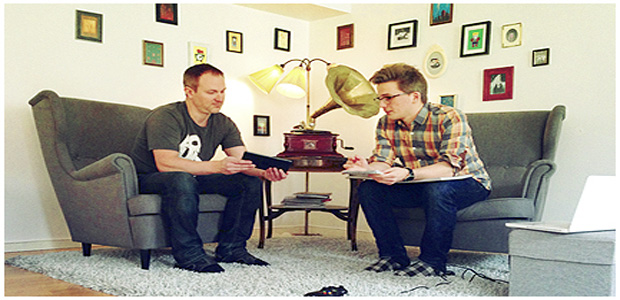

In 2010, two Swedish guys decided to start an independent video game development company which we now know as Simogo. Since 2010, these two gentlemen have been charming fans with colorful game concepts on the iOS and PC markets. Last year, Beat Sneak Bandit hit the app-store with firey reception, quickly making Simogo a notable name to those of us paying attention. Little did any of us know how important what came next would be.
A few weeks ago Simon and Gordon released their most important game; a game which bears no resemblance to their previous charming efforts. This game is Year Walk; a first-person, psychological-horror adventure game on iOS that stands as one of the rare examples of perfection on the platform.
I’ve been raving about this game for weeks already. It was awarded a Weekly here at 4Player Network, and easily stands-out as one of the best experiences 2013 has offered us in gaming. With that said, I quickly got to contacting the friendly-faces at Simogo, in hopes of discussing what I consider one of the best experiences to be had on iOS, and where I could find the hole that this memorable experience came from.
Simon Flesser answered the call.
What did the elevator pitch for Year Walk sound like; and how often was the classic "Myst" mentioned?
Simon: I realize the reason for the concept of elevator pitches but I'm not a fan of it, and I'm not sure that all art can fit into a quick sales pitch. We're always trying to refrain from using other games as references, but I do believe Myst has been mentioned a few times; even though neither me, or Gordon, have played through it!
How many puzzles, if any, were cut from the finished product? Can you discuss your favorite from the "cut-puzzles"?
Simon: Not many, but we've changed them during development. The Huldra puzzle was a bit more forgiving, to start with, but we went back and made it a bit harder to brute force. In the planning stages the gravestone puzzle was a lot more cryptic, and involved equations with symbols.
I've toted Year Walk as a rare iOS game, which legitimizes the platform and touch-controls for gaming; was that a design-goal during the development cycle?
Simon: Big words…Thanks! We always wanted to make it feel like the game was specifically made for a certain platform, and play on the strengths, and features, of the hardware. I can't say that the goal was that outspoken, though.
How confident are you that more narratively-driven, atmospheric experiences -- like Year Walk -- will find a home on touch devices?
Simon: I wish there were more, at least. Especially more based on reading and thinking; stuff like 999, Another Code and Hotel Dusk. The platform should be really good for these types of experiences, so it's a bit curious there are so few of them.
I consider Year Walk a "core" experience on iOS, was that the idea? How do you feel about the state of "core" audience games on the platform?
Simon: We try to not classify our own things too much; we really just want to focus on making unique, innovative things. A lot of games, on the platform, are time-wasters and not really something built with the purpose of staying with the player. We wanted to make something that challenged that.
I think it's important to have relaxed, and perhaps critical approach, to trends; in whatever medium you're working in - or in this case the platform you are building your game for. I think Year Walk proves that there's plenty of room for memorable experiences, even though the "suits" will tell you another story.
Is Year Walk a transition piece for Simogo, as a company, from producing more charming, arcadey titles like Beat Sneak Bandit?
Simon: We're not even sure ourselves quite yet! It's definitely some kind of breakpoint for us; it has proven to ourselves that anything is possible, and that the public will accept and enjoy untraditional experiences. The future is looking extremely exciting because of it!
What's next for Simogo? How soon can we expect to see something similar to Year Walk from you guys?
Simon: We've just started to toss around ideas, and concepts, for our fifth game; and we're not quite sure where it will take us yet. We're definitely keen on exploring more experimental things now, and breaking free from a lot of the conventions of what a game can, and is supposed, to be.
I’m not sure what will come next for Simogo, but I’m confident in whatever it will be... now more than ever. I can’t recommend Year Walk enough, and highly suggest you play if you’re a fan of ominous-atmosphere and creepy experiences.
Lastly: Huge thanks go out to Simon @ Simogo for answering my questions. I wish them the best of luck, and hope to see more experiences like Year Walk from them in the future.
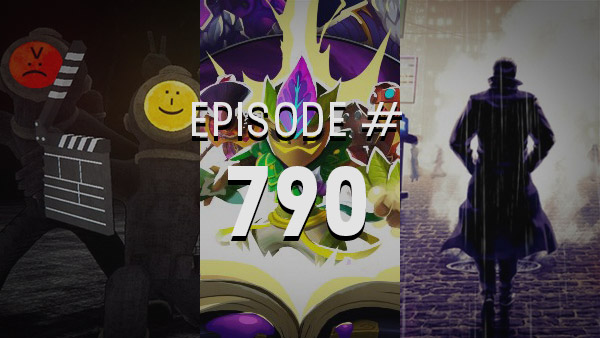
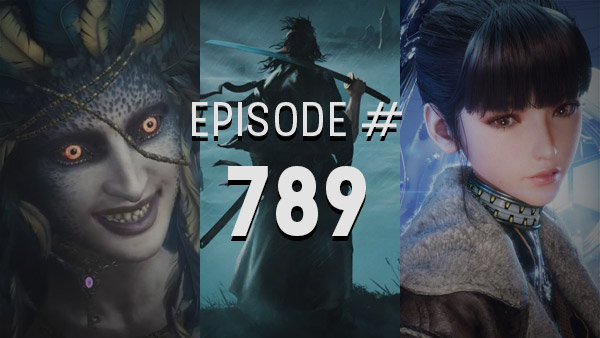
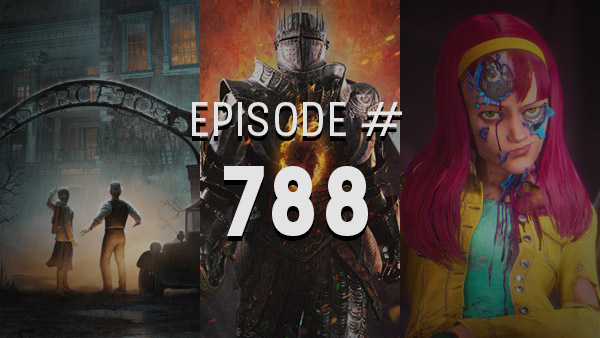
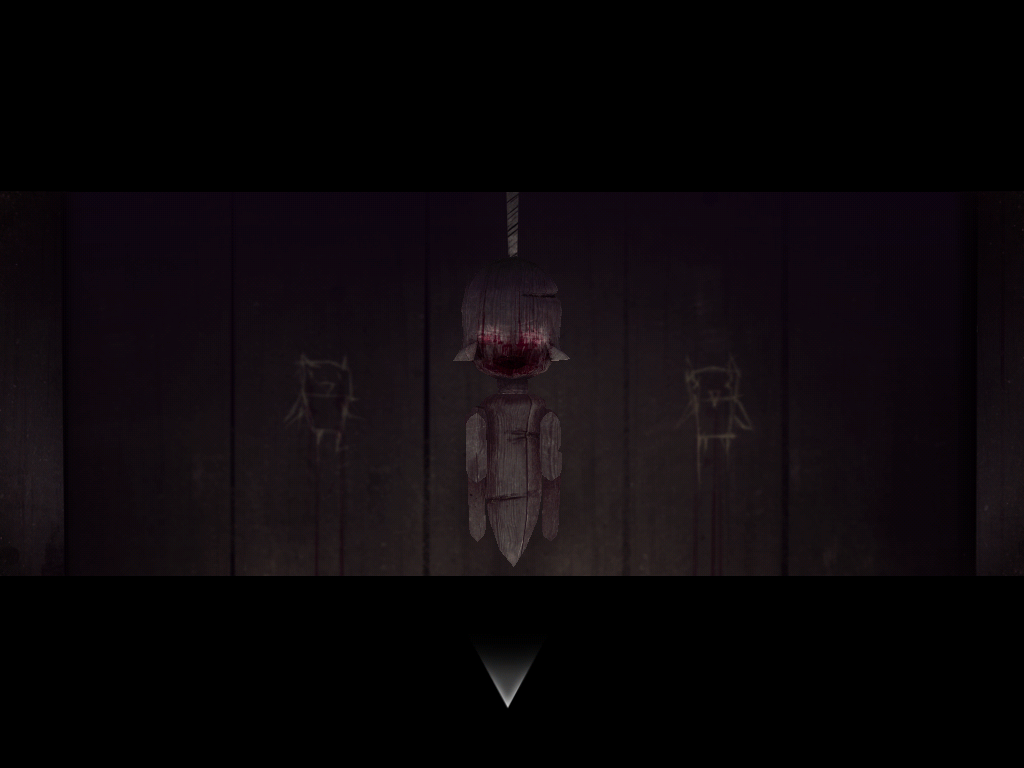
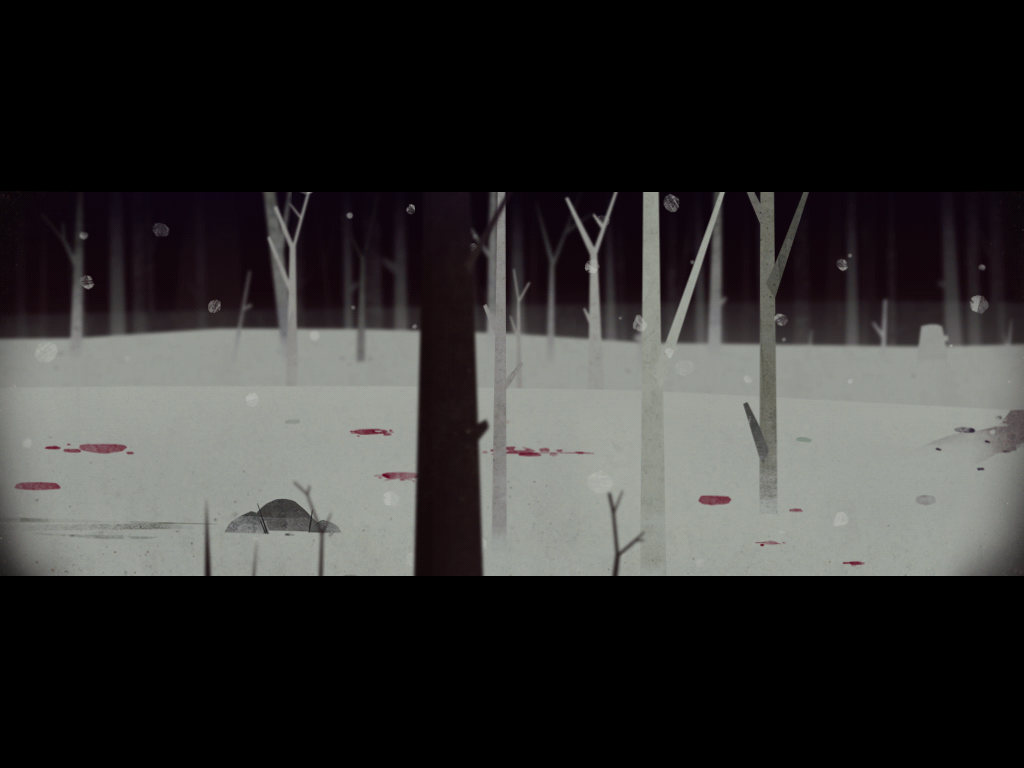
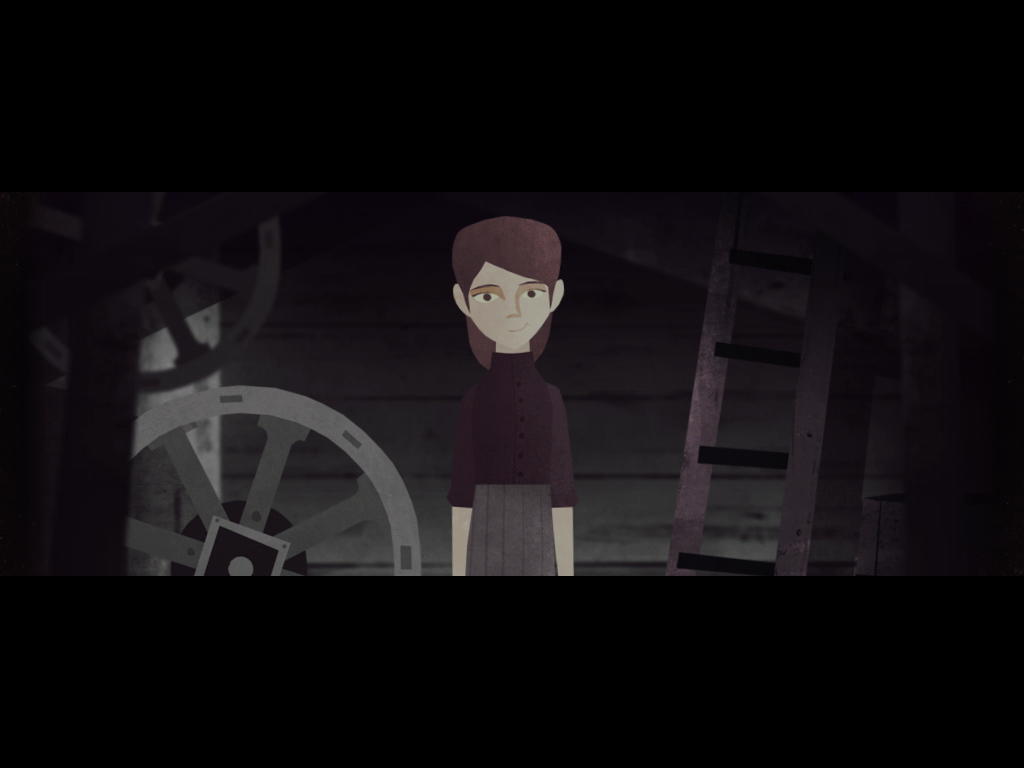
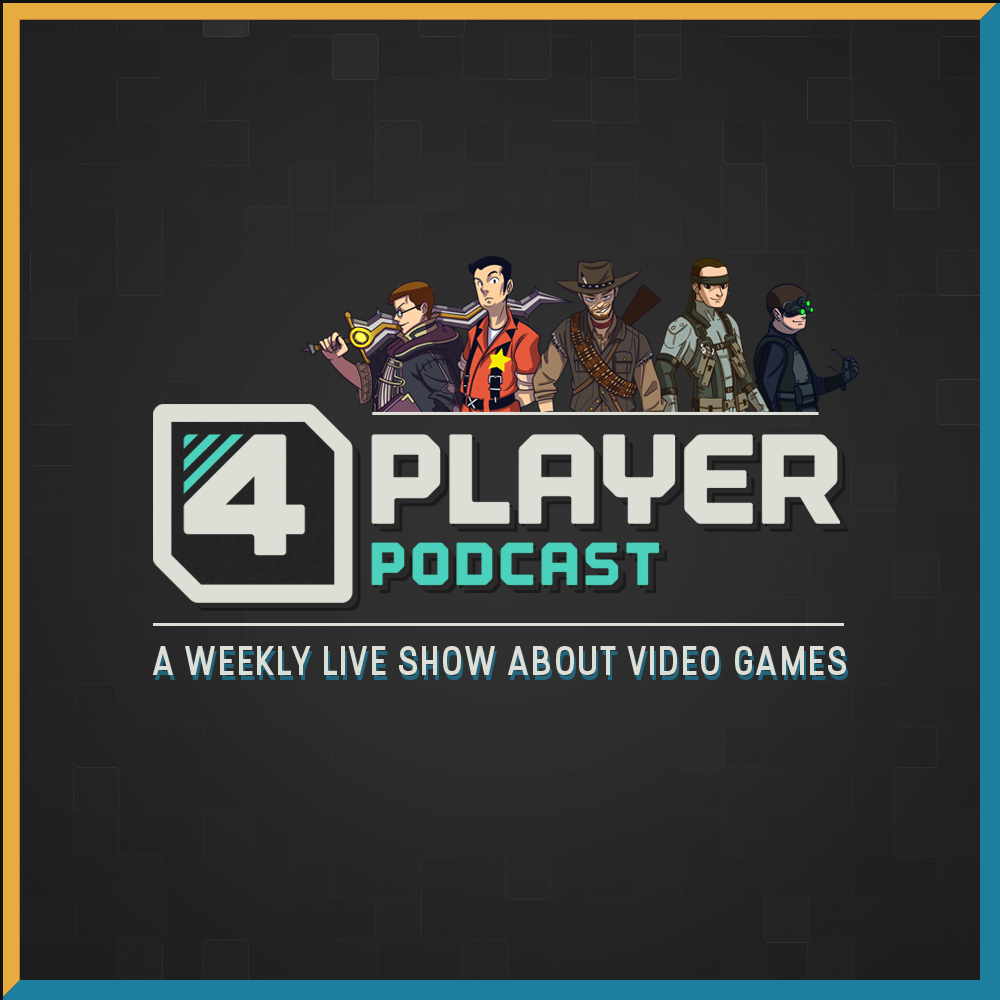
Comments
11 years, 1 month ago
Great interview!
11 years, 1 month ago
Interesting. Kinda looks like Myst meets Tim Burton.
11 years, 1 month ago
Thanks for posting this, Jeff! Year Walk is incredible and I haven't stopped thinking about it since I played it last week. Must replay!
11 years, 1 month ago
Simogo have really out-done themselves with Year walk, it was more than I ever could imagine.
Also they nailed down the atmosphere 100% when it comes to haunting Swedish woods in the winter. I got so many flashbacks to being a young kid in the wintery forests of Sweden.
11 years, 1 month ago
Wow, thanks for this Jeff, very interesting interview.
Haven't yet played Year Walk but I will; it sounds and looks right up my street. Also having just read Soha's recent article regarding 'Vector' and the beginnings of the discussions that she brought up there, I've got to thinking about how this and future games on iOS and other mobile platforms might change perceptions of these now incredibly mainstream platforms most commonly associated with 'casual' or time-wasting games. I'd love to see more iOS/tablet games that place a focus on immersion and innovation, which might then start to suggest some more creative potential on these platforms worth cataloguing for future generations, if/when we are to analyze the current gaming scene with an eye for artistic merit.